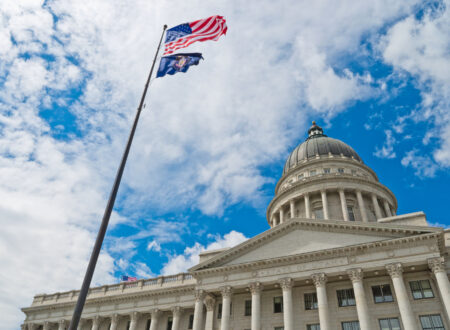Employment Law: Employee Breaks
Many businesses have inquired into the legal requirements of providing their employees with lunch or rest breaks. The Fair Labor Standards Act does not require that employers provide any form of lunch or rest periods to employees. However, it does place obligations on those employers who choose to do so. It is important to ensure that employers who provide lunch or break periods to employees are in compliance with state and federal law.
If an employer offers short breaks [five (5) to twenty (20) minutes] to its employees, the Fair Labor Standards Act considers the break as compensable work hours. These breaks of short duration should be included in the sum of hours worked during the work week and must be considered in determining whether the employee worked overtime. According to the federal law, as long as the employer has clearly communicated the length of the break to the employee and that any extension of the break is against company policy, unauthorized extensions of these work breaks do not need to be counted towards hours worked. To keep track of the breaks that an employee has during the workday, employers may want to try an employee schedule generator such as this one to determine which employees are on their breaks so they can efficiently find people who can cover this shift.
Employers are not legally required to compensate employees for meal periods of thirty (30) minutes or more, provided that the employees are free to use their meal period as they wish and are not required to perform work during this time. These bone fide meal periods serve a different purpose than short work breaks and are therefore not considered work time and are not compensable. However, if an employee works during a lunch break that is intended to be unpaid, the employer may be obligated to pay additional wages to that employee, including unintended overtime. To prevent employees from working during unpaid meal or lunch periods, an employer should implement policies requiring employees to eat away from their workspace. This will ensure that the employer will not be liable for paying employees during that time.
Author(s)

Stuart J. Oberman, Esq.
Stuart J. Oberman is the founder and President of Oberman Law Firm. Mr. Oberman graduated from Urbana University and received his law degree from John Marshall Law School. Mr. Oberman has been practicing law for over 30 years, and before going into private practice, Mr. Oberman was in-house counsel for a Fortune 500 Company.
Read More =>




